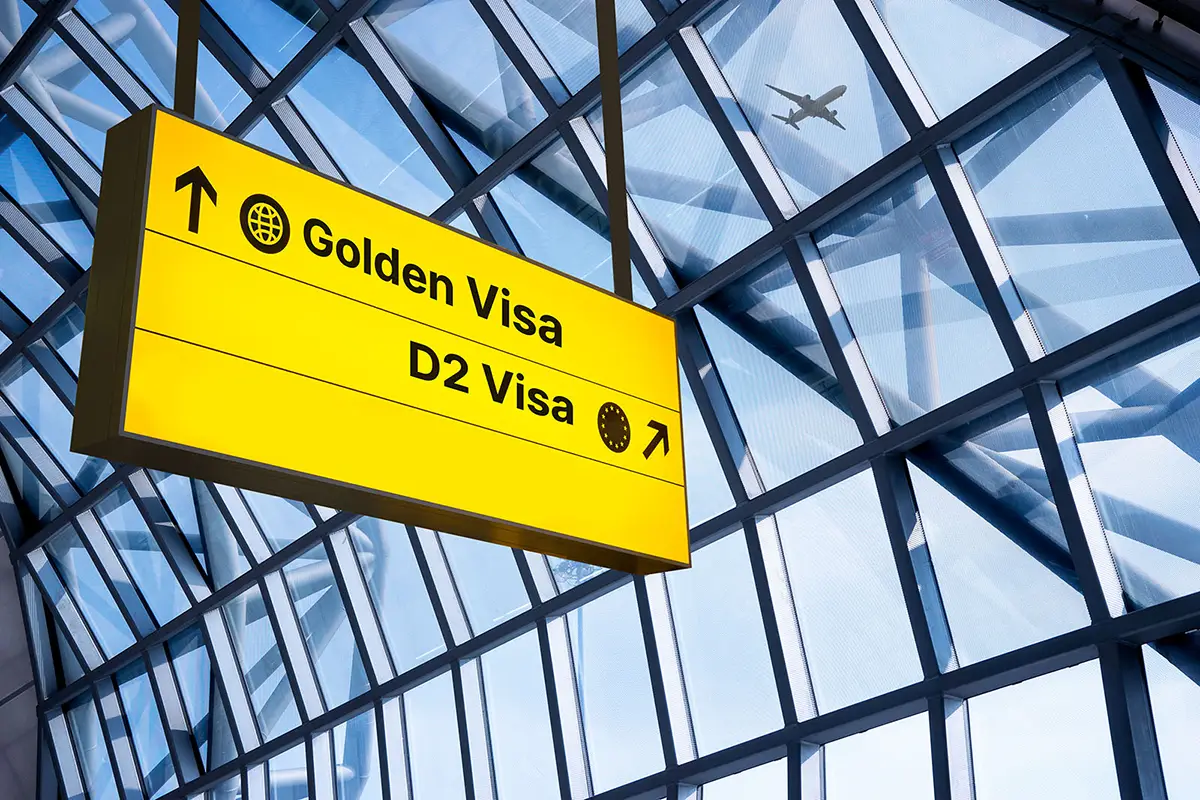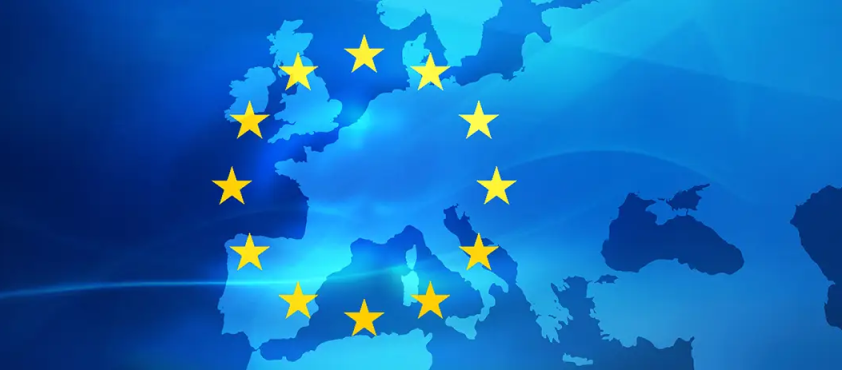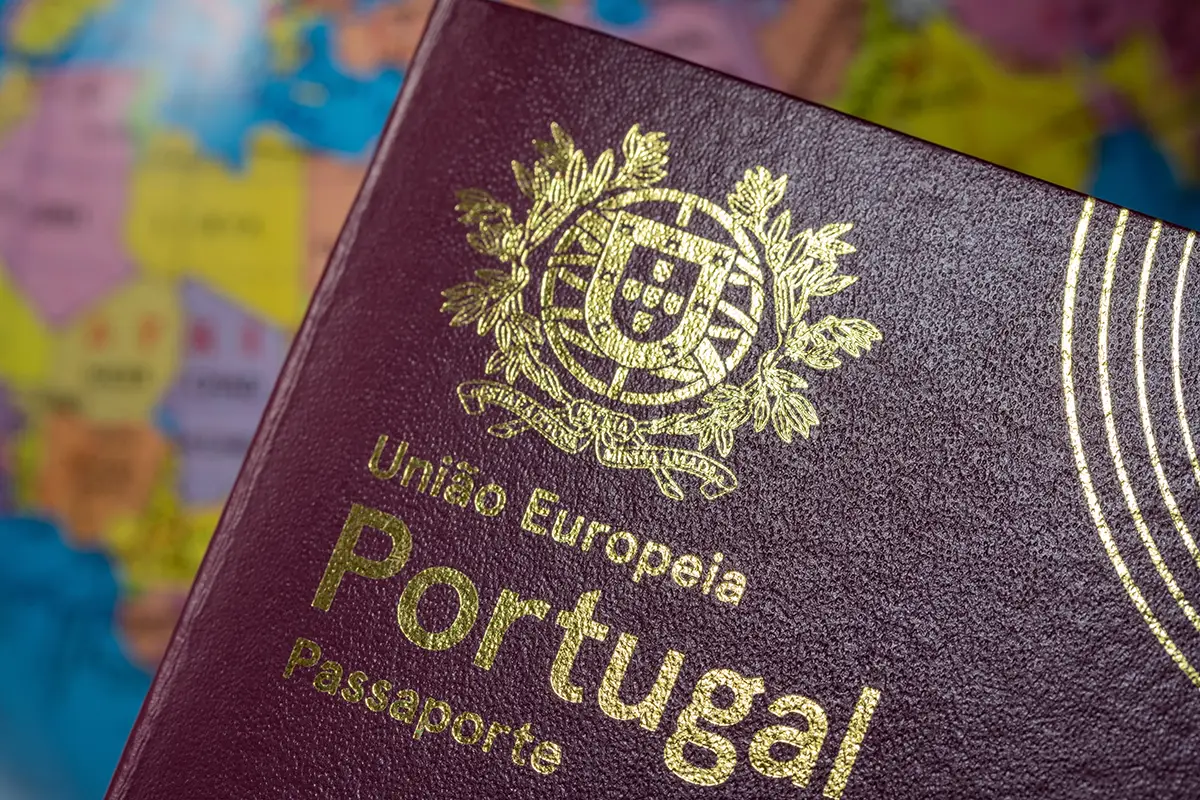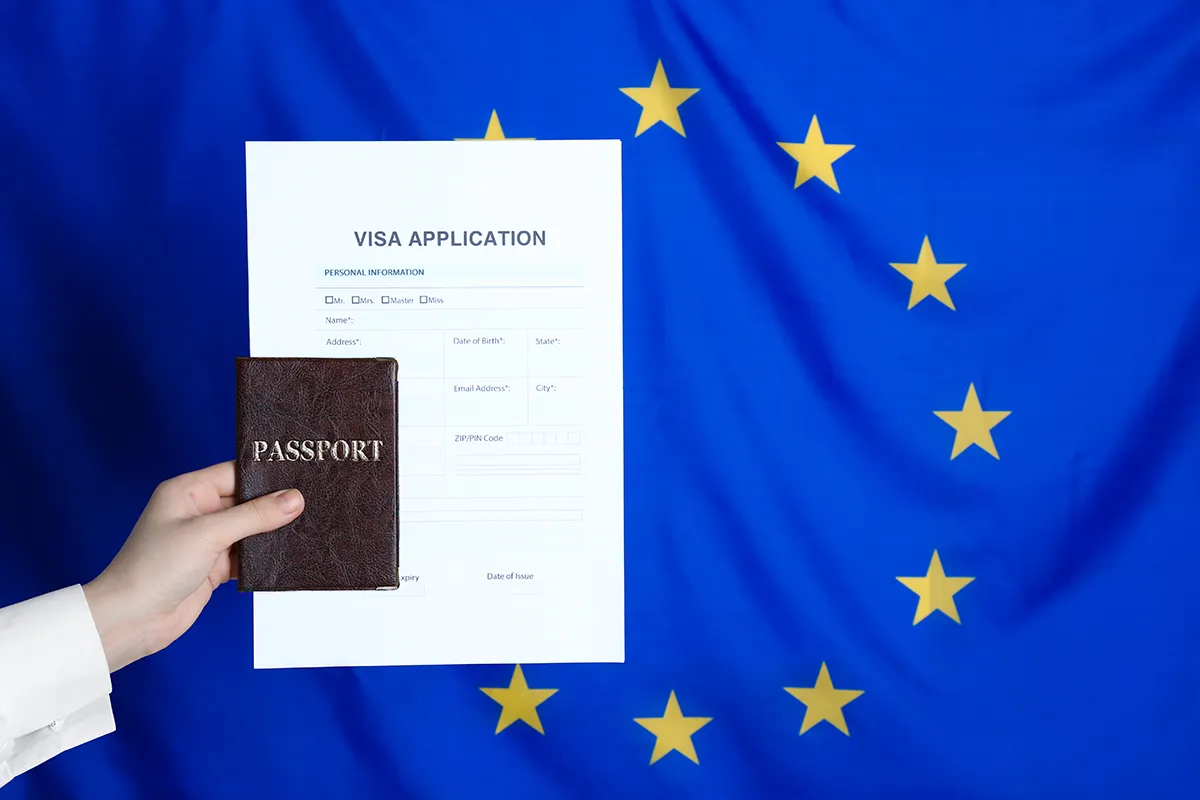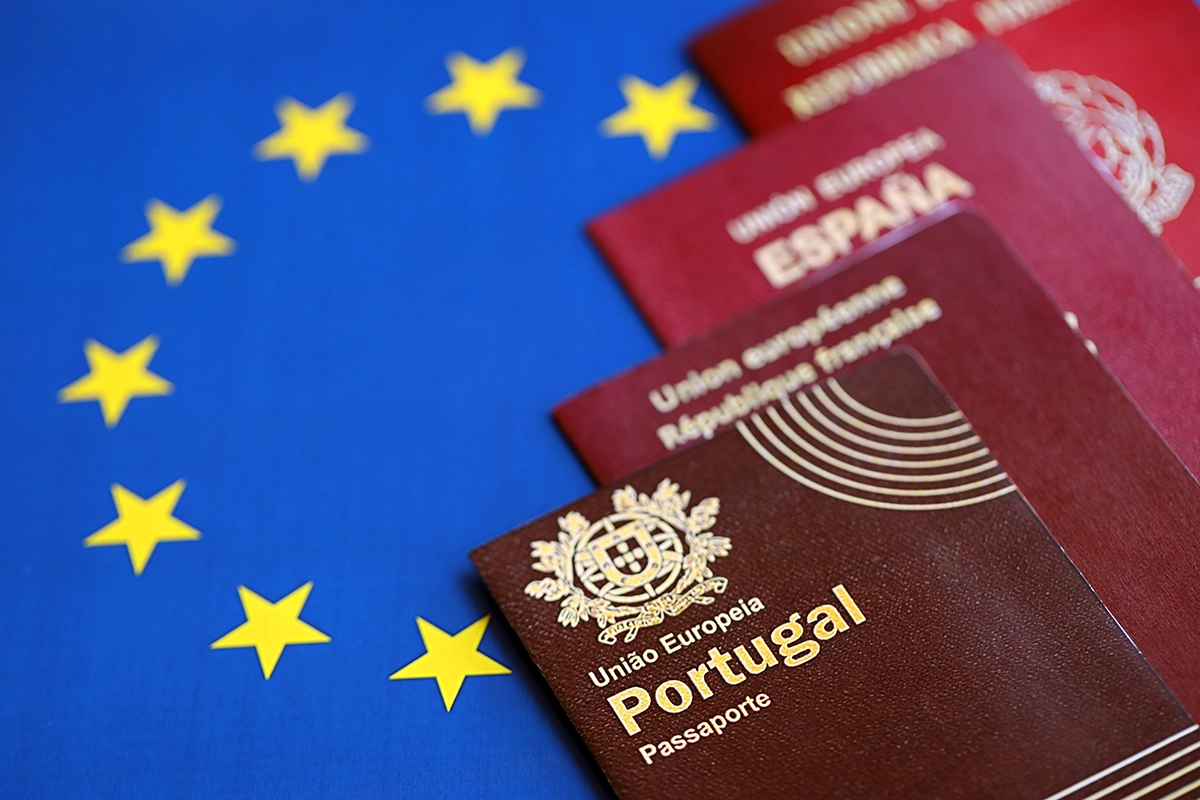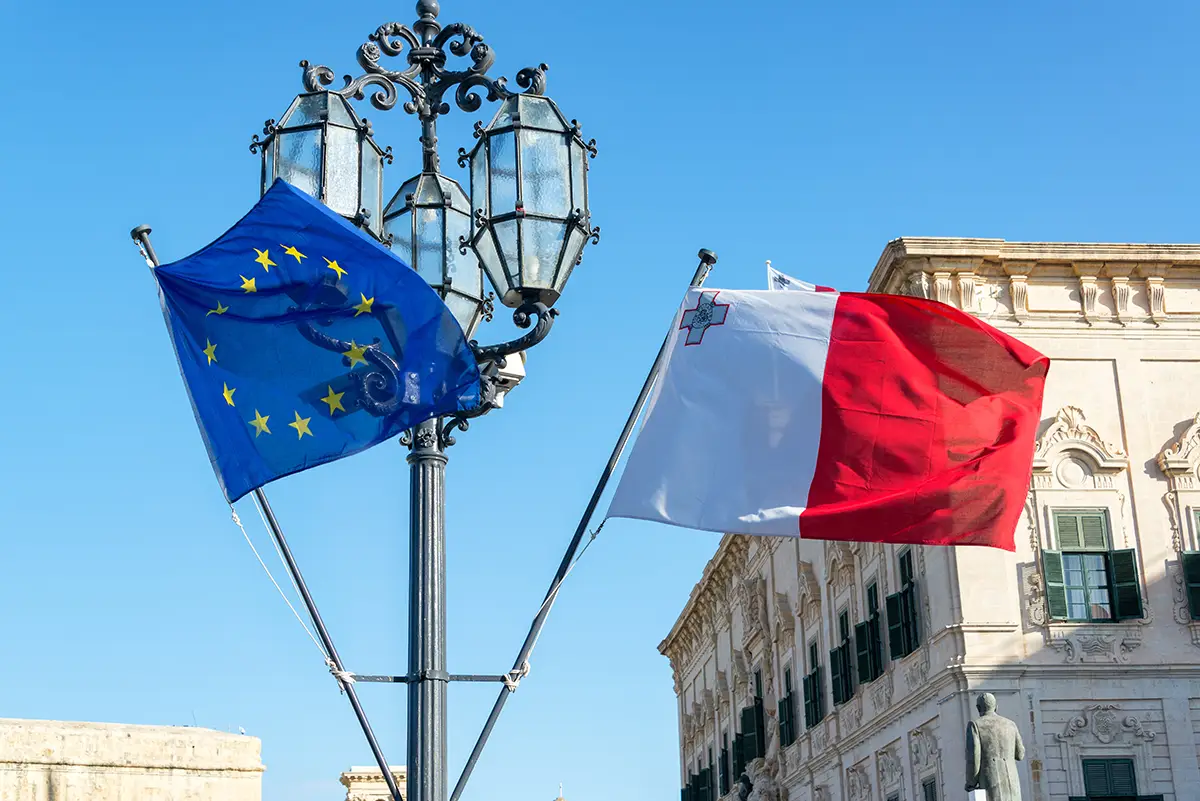Changes to UK's Previous Non-Dom Tax Regime
The United Kingdom passed through a significant shift in its tax landscape in 2024, replacing the longstanding non-domiciled (non-dom) tax regime with a new FIG system. This pivotal decision marks a move toward a residency-based taxation framework, fundamentally altering how foreign income is taxed for individuals residing in the UK.
The announcement, made on March 6th, 2024, by the former UK Chancellor of the Exchequer, Jeremy Hunt, aims to create a ‘fairer system’ by 2025. According to the Chancellor, the change, expected to generate £2.7 billion, ends tax exemptions for individuals residing in the UK while holding overseas tax residency. The generated revenue will fund tax cuts for working families and incentivize non-doms to repatriate wealth, with estimates suggesting a significant capital boost for the country’s economy.
However, critics warn that there will be potential repercussions, including the loss of wealthy investors. Under the previous non-dom system, wealthy individuals with foreign income and assets could opt out of paying UK tax on those earnings, provided they were not brought into the country. The FIG system redefines this approach, compelling residents to disclose and potentially be taxed on their global income, regardless of its origin.

Understand the UK’s new Foreign Income and Gains System
The FIG regime is designed to introduce stricter tax residency requirements, impacting many who previously benefited from non-dom status. Announced on August 15th 2024 by the new Chancellor of the Exchequer, Rachel Reeves, the FIG system will replace the previous non-dom regime and will eliminate inheritance tax protection for trusts established under the old system. The FIG system is set to take effect on April 6th 2025.
According to the UK Government, from this date, protection from tax on income and gains within settlor-interested trust structures will no longer be available for non-domiciled and deemed domiciled individuals who do not qualify for the 4-year FIG regime. The new regime will also replace the remittance basis of tax with an internationally competitive residency-based system, providing 100% relief on FIG for new arrivals to the UK during their first four years of tax residency, provided they have not been UK tax residents in any of the previous 10 consecutive years.
The UK Government has also clarified that the previously proposed 50% tax reduction on foreign income during the first year has been scrapped. Residents' who are ineligible for the 4-year FIG regime, or those who opt out, will face the standard Capital Gains Tax on foreign gains. However, past and current remittance basis users will have the opportunity to rebase their foreign assets to a value set on a forthcoming date, easing the tax impact when selling these assets.
Additionally, foreign income or gains accumulated before April 6 2025, will remain taxable upon remittance to the UK. A Temporary Repatriation Facility (TRF) will offer a reduced tax rate on remittances of pre-2025 FIG for a limited time, with the government considering expanding the TRF to include income and gains within overseas structures, details of which are expected in the next Budget.

Alternatives Tax Residency Through the Golden Visa Programs in the World
For investors seeking alternative residency options, Europe offers a variety of Residency-by-Investment and Golden Visa programs that are more favorable tax-wise and can provide quicker access to European residency for non-EU investors. Countries like Portugal, Greece, and Cyprus offer attractive programs that enable investors to secure residency and gain access to the European Union with fewer bureaucratic hurdles. These programs often come with the added advantage of a favorable tax environment, making them appealing alternatives to the new UK tax landscape.
Beyond Europe, the United Arab Emirates (UAE) stands out as an exceptional destination for those prioritizing a favorable tax regime. The UAE offers a tax environment that is among the most advantageous globally, with no personal income tax, no capital gains tax, and no inheritance tax. Coupled with its world-class infrastructure, strategic geographic location, and high quality of life, the UAE is an attractive option for high-net-worth individuals and businesses alike. For those seeking to minimize their tax burden while enjoying a cosmopolitan lifestyle, the UAE presents a compelling alternative to more traditional residency options.
Expert Guidance from Investment Visa
As specialists in residency and citizenship by investment, Investment Visa is well-equipped to guide you through these changes and help you navigate the complexities of securing European residency. Our expertise ensures that you can find the most suitable program to meet your individual needs, whether in the UK or across Europe.
For more detailed information, contact our experts today to learn more about the UK’s tax changes and explore your options for residency by investment in more than 15 countries worldwide.

















